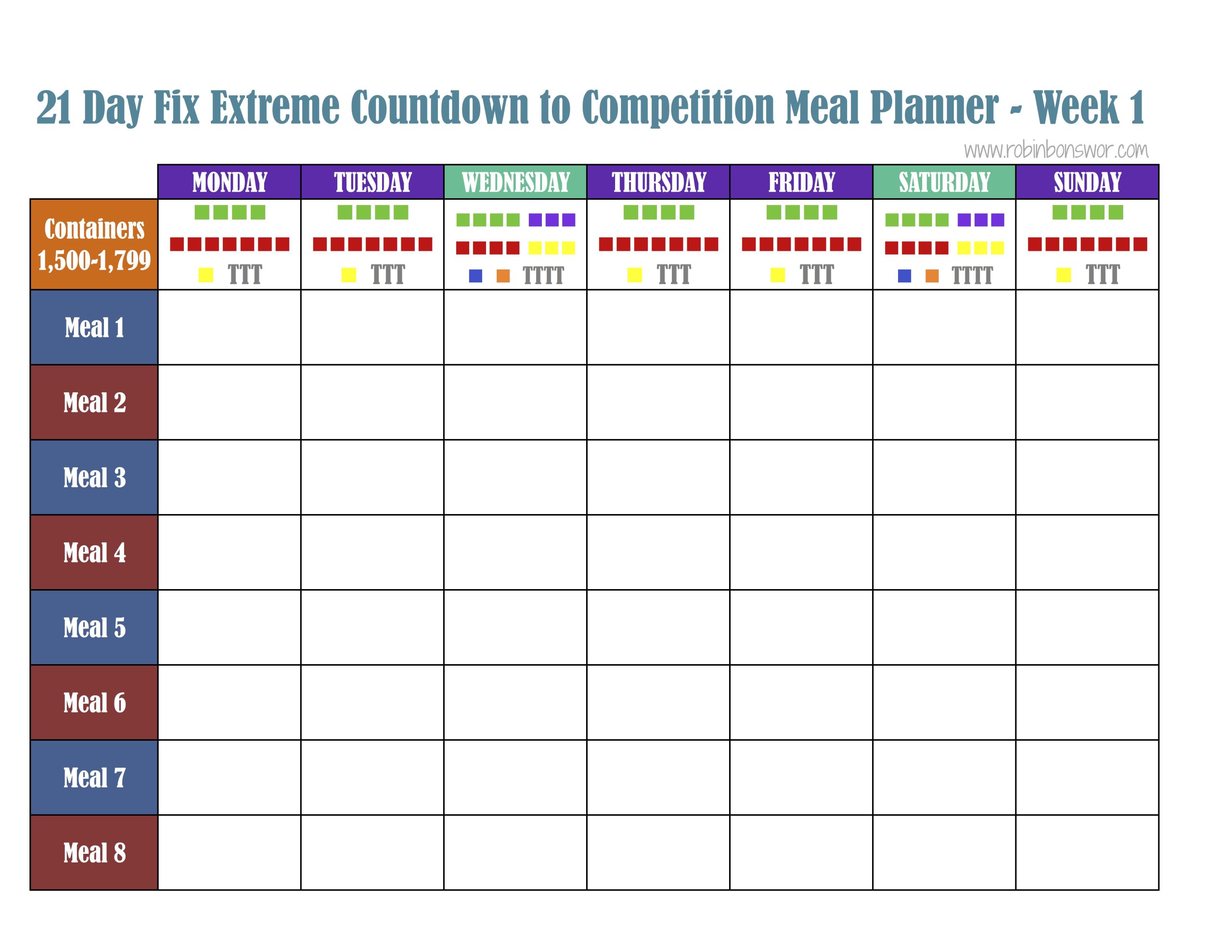Meal Planning for Weight Management
Meal planning is an essential tool in weight management. By carefully planning and preparing your meals, you can ensure that you are consuming a balanced diet that supports your weight loss or maintenance goals. In this article, we will discuss the benefits of meal planning and provide some practical tips to help you get started.
The Benefits of Meal Planning
Meal planning offers several benefits when it comes to weight management:
1. Portion Control
When you plan your meals in advance, you have better control over portion sizes. By portioning out your meals and snacks, you can avoid mindless grazing and prevent overeating. This helps in controlling your calorie intake and can promote weight loss.
2. Nutritional Balance
Proper meal planning allows you to incorporate a variety of nutrients into your diet. By including a balance of carbohydrates, proteins, and healthy fats, you can ensure that your body gets all the essential nutrients it needs to function optimally. This balanced approach also helps in controlling cravings and maintaining energy levels.
3. Reduced Impulse Eating
When you have your meals planned out, you are less likely to make impulsive food choices. Having a clear plan and a list of ingredients to buy reduces the temptation to buy unhealthy snacks or order takeout. This helps in sticking to your weight management goals and promotes healthier eating habits.
4. Time and Money Savings
Meal planning can save you time and money in the long run. By planning your meals in advance, you can streamline your grocery shopping, avoid unnecessary purchases, and reduce food waste. Additionally, having pre-prepared meals or ingredients ready can also save you time during busy weekdays.
Practical Tips for Meal Planning
1. Set Realistic Goals
Start by setting realistic goals for your weight management journey. Assess your current eating habits and decide on the changes you want to make. Consider consulting with a registered dietitian for personalized advice tailored to your specific needs.
2. Determine Caloric Needs
Calculate your daily caloric needs based on your age, gender, activity level, and weight management goals. This will give you a good starting point to plan your meals and ensure you are in a calorie deficit if weight loss is your goal.
3. Create a Weekly Meal Plan
Spend some time each week to create a meal plan for the upcoming week. Consider incorporating a variety of foods from different food groups to ensure a well-balanced diet. Plan for breakfast, lunch, dinner, and snacks, and include options that are easy to prepare and fit your schedule.
4. Prepare in Advance
Preparation is key to successful meal planning. Dedicate some time each week to meal prep. Chop vegetables, cook grains and proteins, and portion out ingredients for easy assembly during the week. Having healthy meals and snacks readily available will prevent the temptation to reach for unhealthy options when hunger strikes.
5. Shop with a List
Before heading to the grocery store, create a shopping list based on your meal plan. Stick to the list to avoid impulse purchases and ensure you have all the ingredients you need for your meals. This will help you stay on track with your weight management goals and reduce unnecessary spending.
6. Mindful Eating
Lastly, practicing mindful eating is crucial for weight management. Take the time to savor your meals, eat slowly, and listen to your body’s hunger and fullness cues. Being present during meals can prevent overeating and promote a healthy relationship with food.
Conclusion
Meal planning is a valuable tool for weight management. By incorporating portion control, nutritional balance, and reducing impulse eating, meal planning helps you stay on track with your weight loss or maintenance goals. Follow the practical tips outlined in this article, and you’ll be well on your way to achieving a healthier lifestyle through effective meal planning.


